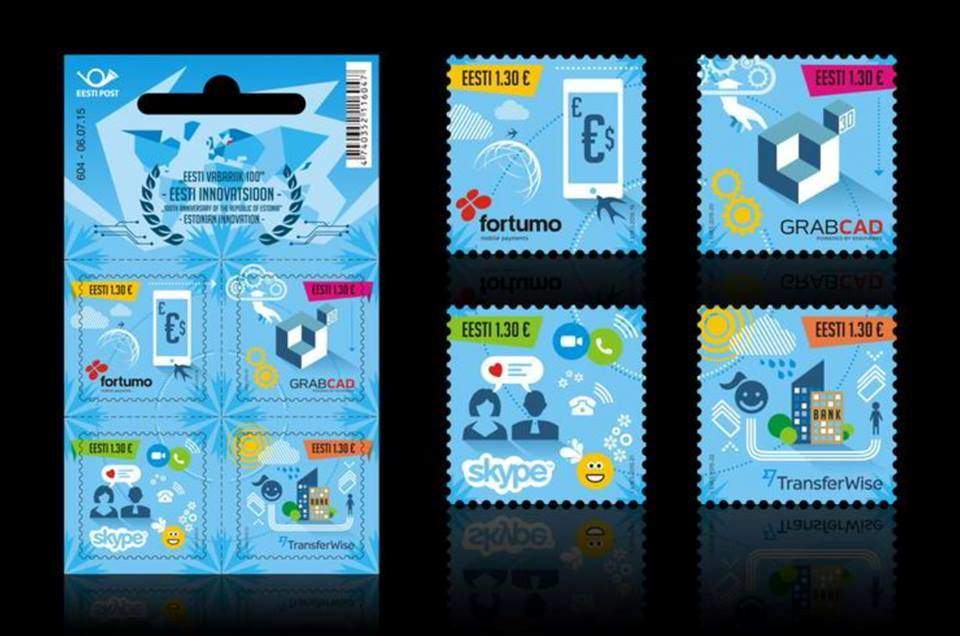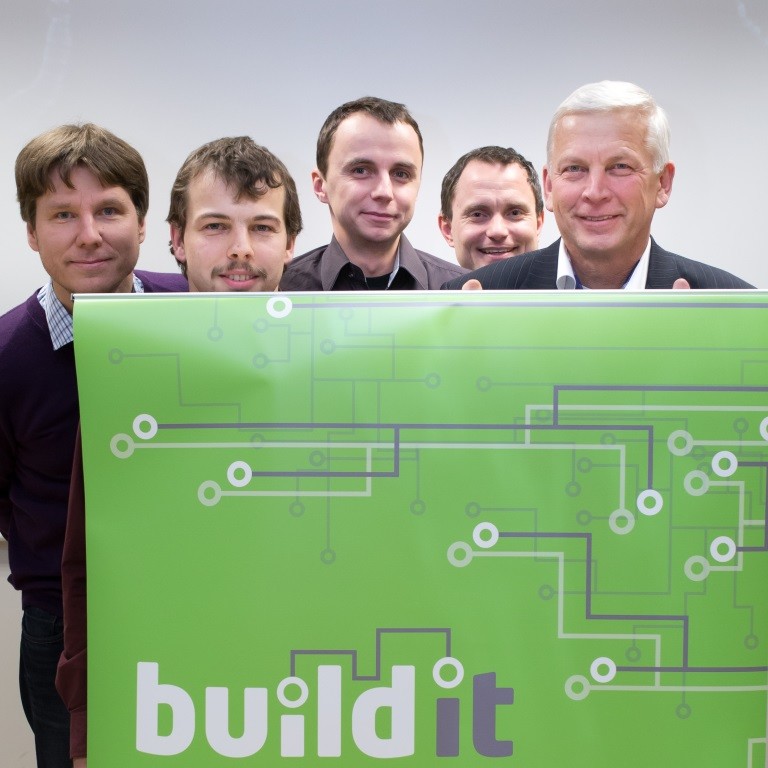Estonia has launched a new programme, allowing non-EU nationals to come and work for Estonian startups, relocate their existing startups or establish new ones in Estonia on preferential terms.
“Compared with most of the other startup visa programs, the Estonian one differs by offering preferential terms for obtaining a visa or a permit for both the startup entrepreneurs who wish to set up or relocate their company to Estonia as well as employees seeking to work for Estonian startups,” said Mari Vavulski, one of the initiators of the new programme and the head of Startup Estonia, a governmental initiative aimed to supercharge the Estonian startup ecosystem.
“Furthermore, it offers the option for both a short-term stay on a visa or a stay for up to five years with a temporary residence permit. I hope that the new startup visa programme encourages Estonian startups to pursue hiring more foreign employees, thus contributing to the community with new valuable members,” Vavulski added.
Evaluated by the members of the Estonian startup community
In order to qualify for the preferential terms of the startup visa, startups must fill out an application detailing their business and team, which will then be evaluated by a dedicated startup committee, consisting of members of the Estonian startup community.
In case of a positive decision, the founders will have a choice between applying for a one-year visa with the option of extending it for another year, or a permit for startup entrepreneurship for five years.
For startups participating in either the Tartu-based Buildit Hardware Accelerator or Tallinn-based Startup Wise Guys Business Tech accelerator programmes, there is a fast-track process available and they do not need to go through the startup committee evaluation and can proceed to applying for a visa or a permit.
According to the CEO of the Buildit Hardware Accelerator, Aleksander Tõnnisson, they have had people from over 15 different countries relocating to Estonia from their 36 portfolio companies.
“It is thankfully very easy to start a company in Estonia when coming from outside of the Schengen area, but it is insensibly difficult to obtain a work or living permit. I believe that the new startup visa will enable foreign startup founders to operate their businesses in Estonia without worrying about their immigration status and that is also an important step further in making Estonia more attractive for international talent,” Tõnnisson said in a statement.
Startup visa programs have currently been implemented in more than ten countries around the globe with many more acknowledging the need for such programs.
The terms and opportunities of the startup visa program can be found in more detail on Startup Estonia’s webpage.
I
Cover: Estonian postage stamps depicting some of the famous home-grown startups (the image is illustrative.)


